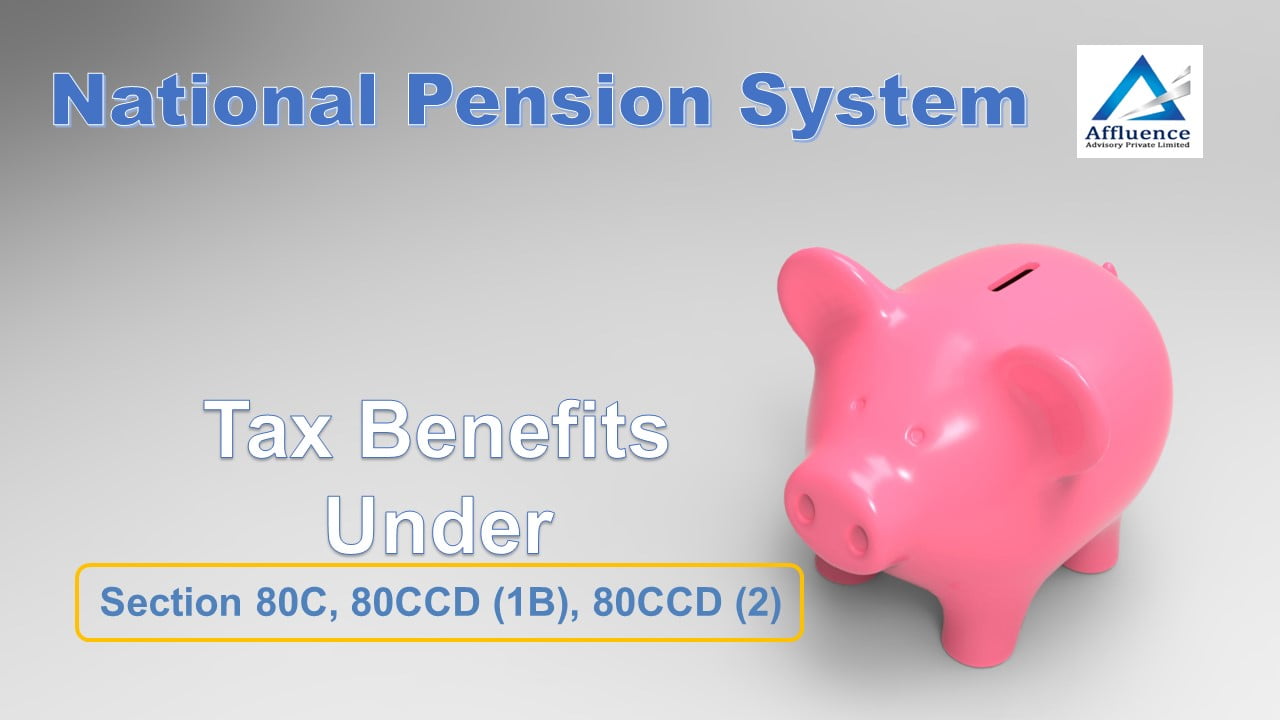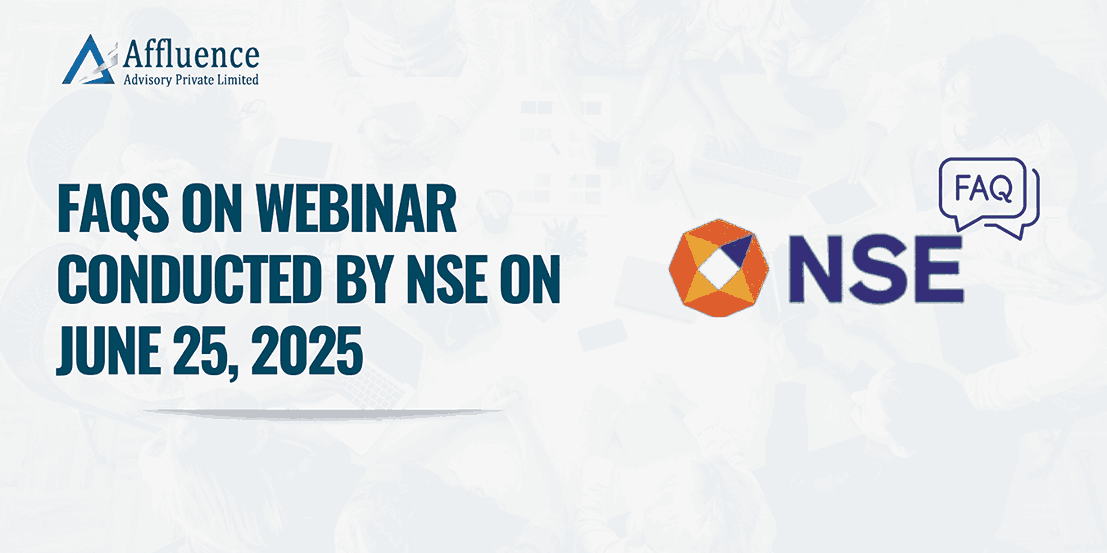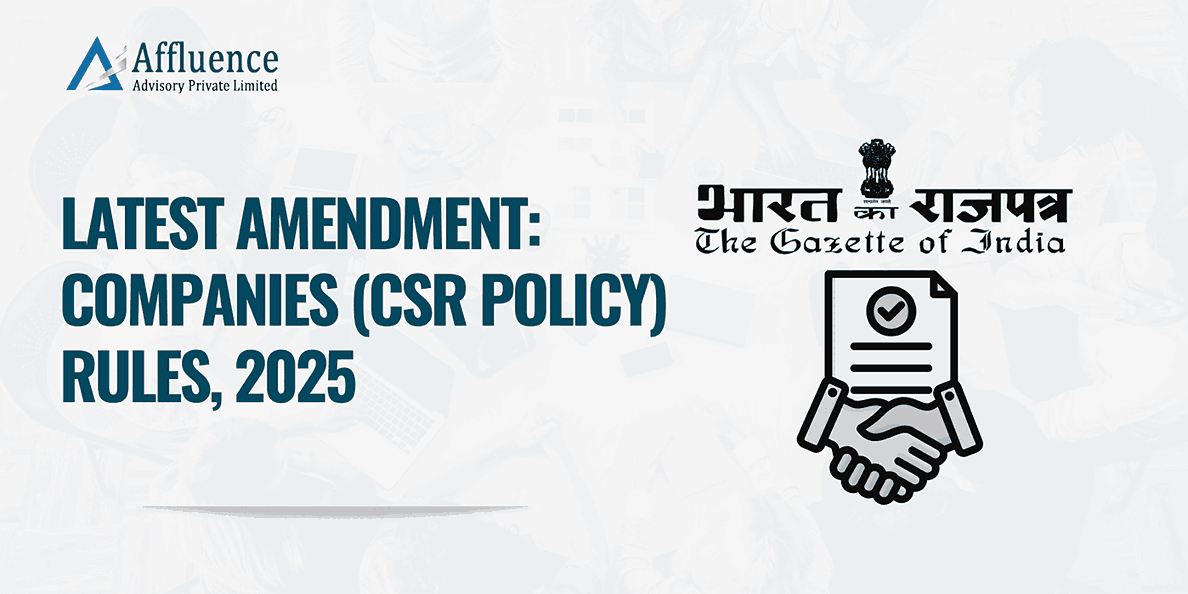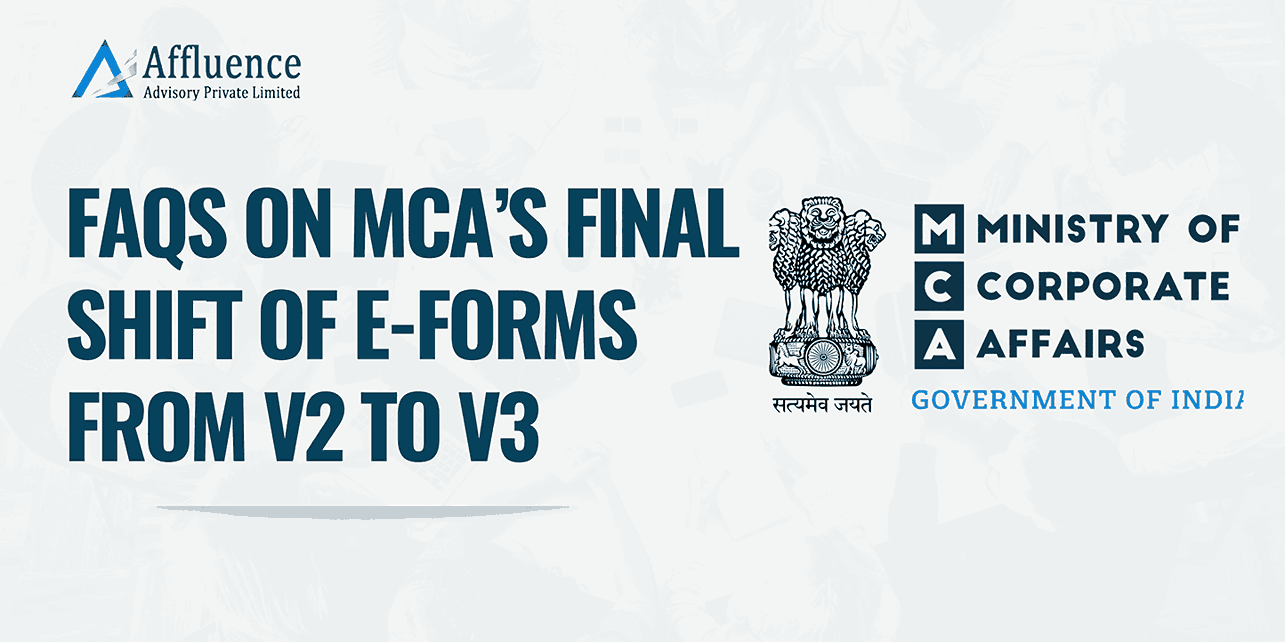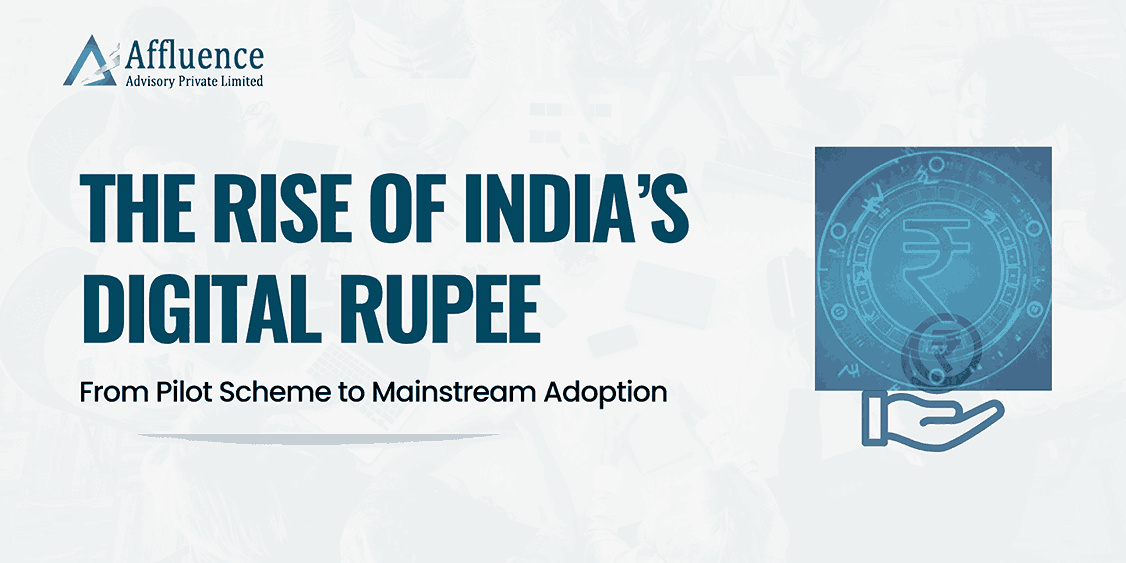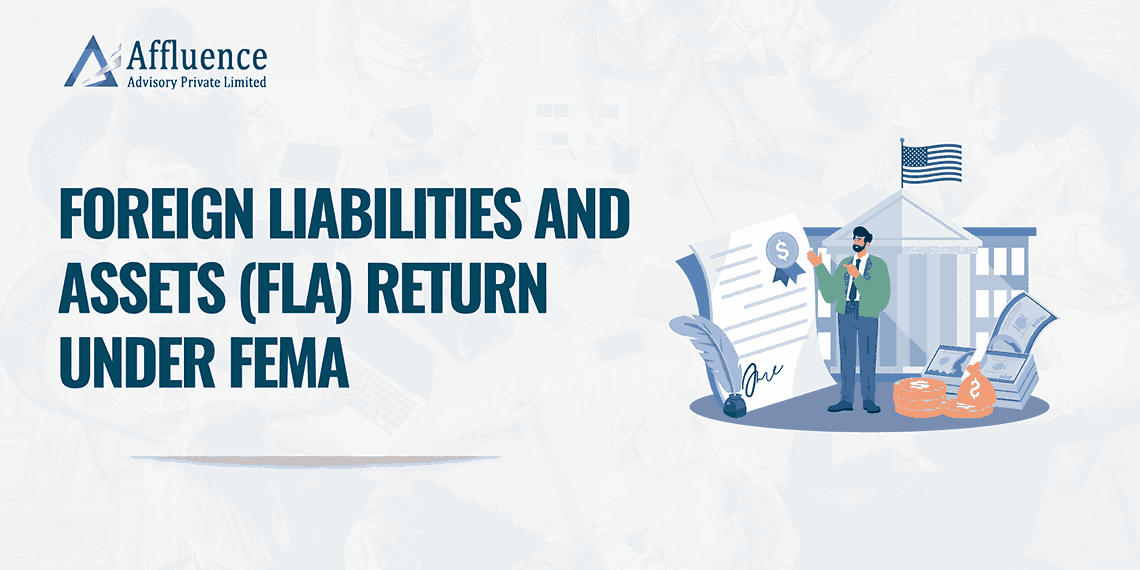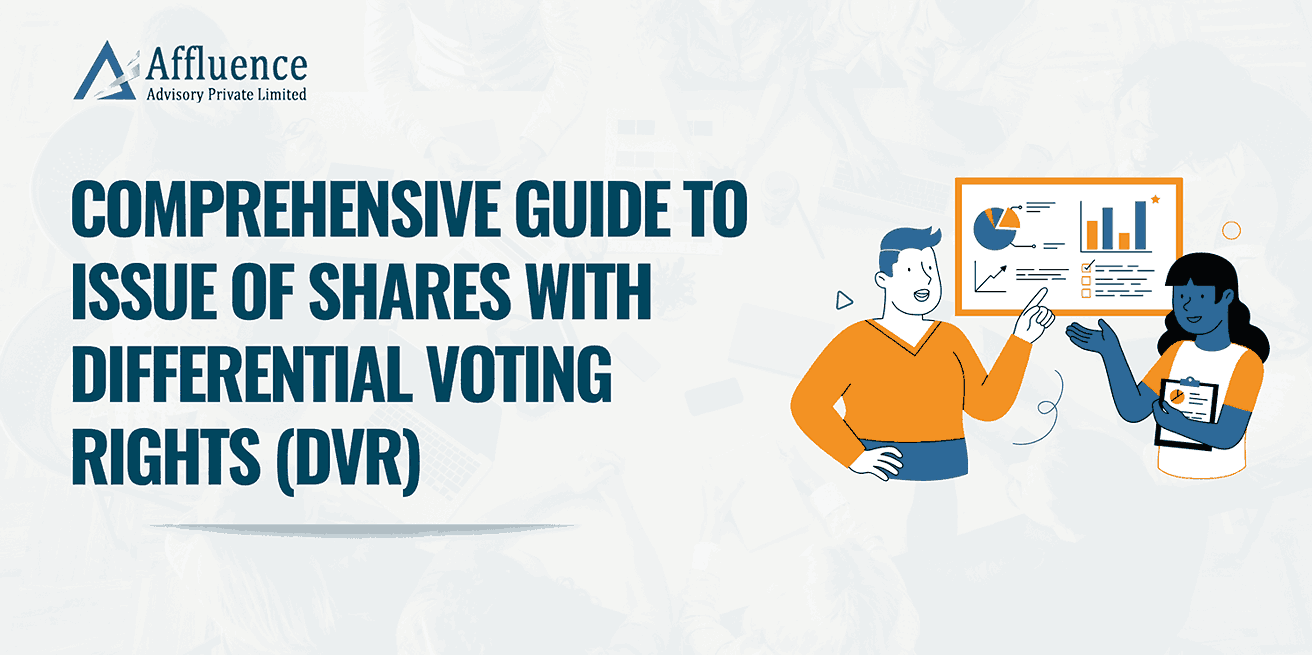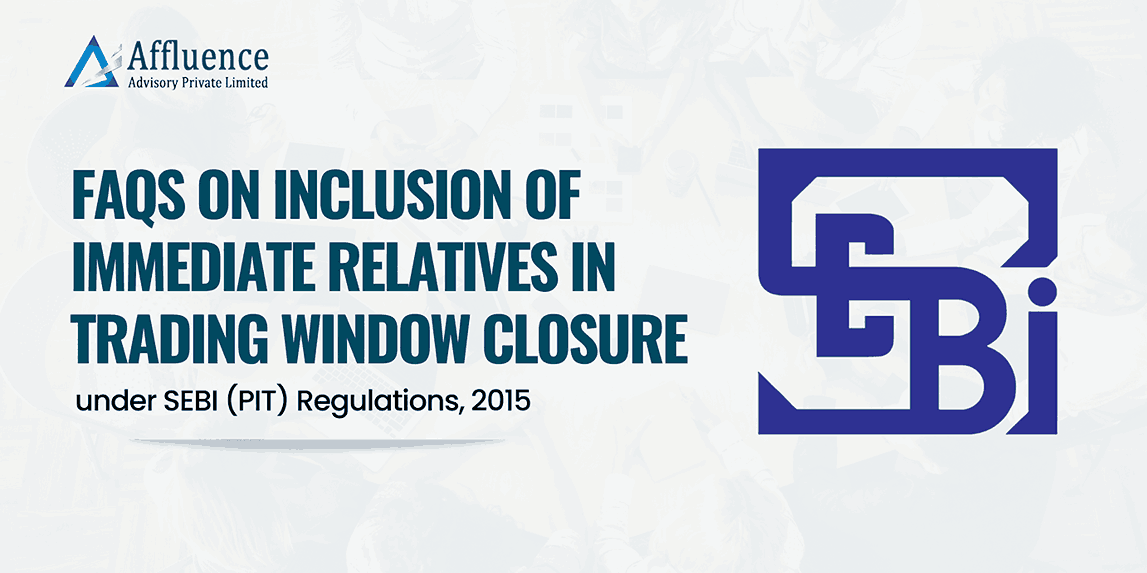National Pension System (NPS) is a pension cum investment scheme launched by the Government of India to provide old age security to Citizens of India. It brings an attractive long-term saving avenue to effectively plan your retirement through safe and regulated market-based returns. The Scheme is regulated by Pension Fund Regulatory and Development Authority (PFRDA). National Pension System Trust (NPST) established by PFRDA is the registered owner of all assets under NPS.
Models of NPS Accounts
NPS accounts are primarily of two types, Individual NPS accounts (All Citizens Model) and Corporate NPS accounts.
All Citizen Model
In an Individual NPS account, the subscriber (Account holder) is the only contributor. All selections pertaining to Scheme preference, Investment choice, Annuity Service Provider, etc. are done by the subscriber alone. Any citizen of India can voluntarily choose to open an Individual NPS account to avail of tax benefits on investments and to ensure regular income post-retirement. The entry age is from 18 to 70 years.
Corporate Model
In a Corporate NPS account, the subscriber and the employer can both contribute to the subscriber’s NPS account. A corporate entity will have to register for corporate NPS for the employees to be able to avail of corporate NPS benefits. Know more about corporate NPS.
Tiers in NPS
Tier I: It is also called a pension account. Contributions up to Rs. 50,000 made in this account are eligible for additional deduction from taxable income under section 80CCD (1B). This is over and above limit of Rs 1.5 lakhs- under section 80C. Withdrawals are restricted and subject to terms and conditions.
Tier II: You can invest an additional amount in Tier II NPS account. The subscriber is free to withdraw his entire accrued corpus under Tier II at any point of time. In case you have not contributed even the initial contribution towards Tier II a/c, it will be automatically deactivated as per process. No tax benefits are available in this account. Funds from Tier II can be transferred to Tier I
* Funds from Tier I can not be transferred to Tier II.
Tax Benefits
80C | Individual contribution is eligible for deduction up to Rs 1.5 lakh limit from the taxable income u/s 80C. This means that NPS is also an investment tool under 80C. |
80CCD (1B) | Individual Contribution is eligible for Additional deduction up to INR 50,000 u/s 80CCD(1B) from the taxable income. This is over and above 80C |
80CCD (2) | Employer Contribution up to 10% of salary (Basic+DA) is deductible from taxable income u/s 80CCD(2) of the Income Tax Act. This benefit is over and above 80C & 80CCD(1B). |
Options for NPS
Choosing to create an NPS account is one of the first steps that any person can take toward financial planning. In order to encourage people to opt for pension plans, it has also lowered the age barrier. Currently, anyone who is 18+ years can open an NPS account through which they will get a Permanent Retirement Account Number (PRAN) that allows easy portability in case the need arises, including a change in location or job. Thus, even people who are young can gain an idea about equity and debt asset classes in a tax-efficient, cost-efficient, and performance-efficient manner. The minimum contribution is as low as Rs. 500 (one time) and Rs. 1,000 (yearly) for Tier I accounts and Rs. 250 (annually) for Tier II accounts. Contributions to NPS accounts can be made up to 70 years of age.
A portion of the NPS also goes to equities which may not offer guaranteed returns. However, the returns offered are much higher than traditional tax-saving investments like the PPF. Further, an NPS account can be opened hassle-free both online as well as offline.
Disclaimer: This article provides general information existing at the time of preparation and we take no responsibility to update it with the subsequent changes in the law. The article is intended as a news update and Affluence Advisory neither assumes nor accepts any responsibility for any loss arising to any person acting or refraining from acting as a result of any material contained in this article. It is recommended that professional advice be taken based on specific facts and circumstances. This article does not substitute the need to refer to the original pronouncement.

